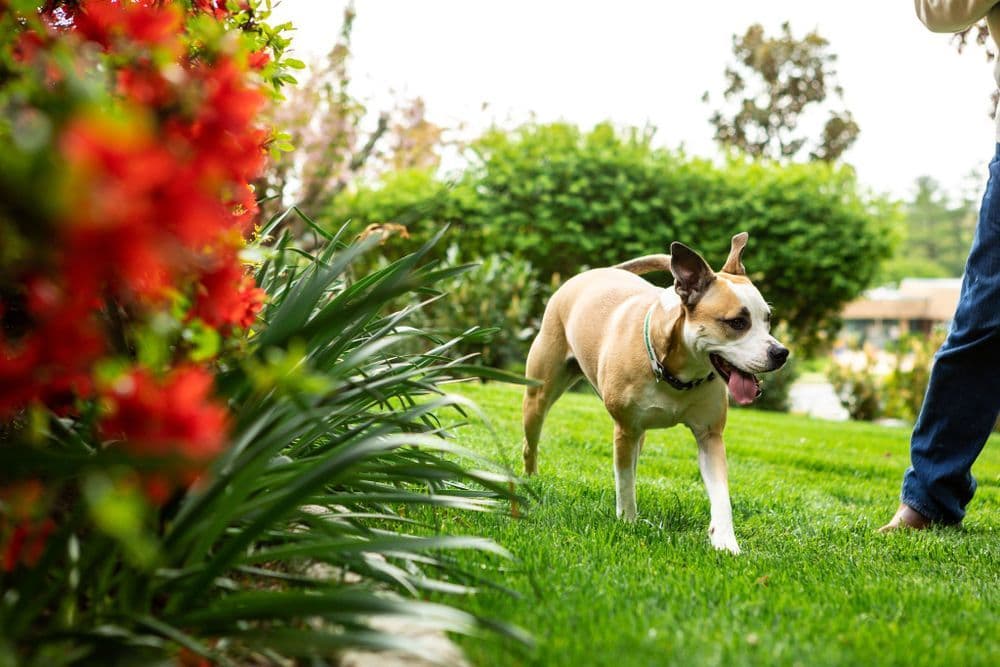

Sign up for Mutt Mail
Share this post
The TurfMutt Foundation knows backyarding by caring for and enjoying your own slice of nature is good for people, pets and the planet. Work in your backyard and your backyard will work for you.
Here are just 10 amazing benefits of backyarding this summer and beyond.
Enhanced well-being. Getting outside to connect with nature gets us back in touch with the natural world, something we need for a healthy, balanced life. Remember, nature starts at your backdoor! Eating outside, doing exercise, and even just playing, reading or lounging in nature, are good backyarding activities for our well-being.
A balanced man-made environment.We don’t live in a wild environment. Our cities, towns and suburbs are man-made. Green space in our own backyards and community areas helps offset the miles of concrete, buildings and roadways. And let’s face it, they also make our communities nicer and healthier places to live.
Sharper minds. There is a trend toward “walking meetings,” where people have business discussion while taking a walk, for good reason. We work better outside. Studies show that tasks conducted under the calming influence of nature are performed better and with greater accuracy, yielding a higher quality result. Spending time in gardens, for instance, can improve memory performance and attention span by 20%.
Greater physical health.People who garden for at least 30 minutes a week have lower body mass indexes (BMIs) – a measure of body fat – as well as higher levels of self-esteem and better moods overall. They also report lower levels of tension and stress.
Less stress. Children’s stress levels fall within minutes of seeing green spaces. Children gain attention and working memory benefits when they are exposed to greenery. And researchers found that Barcelona school children who had more exposure to the outdoors performed better on cognitive testing.Greening of vacant urban areas in Philadelphia reduced feelings of depression by 41.5% and reduced poor mental health by 62.8% for those living near the vacant lots.
Active and healthy children. Outdoor play increases fitness levels and builds active, healthy bodies, an important strategy in helping the one in three American kids who are obese get fit.
Better parent-child connections.Natural environments have been shown to improve parent-child communication, resulting in more responsive and connected communication compared to an indoor setting.
Critical wildlife support. Grass, trees and shrubs and other plant life provide food and habitat for birds, insects, and small mammals and provide wildlife corridors for migrating birds and other animals.
Longer life. People who have access to green spaces live longer, according to Harvard University researchers. According to Canadian researchers, living in a greener neighborhood could lower the risk of early death.
Knowing you’ve done the right thing. It’s hard to argue that nature isn’t important to families, communities and wildlife. Taking care of our living landscapes is the right thing to do—for everyone.
For more information, go to TurfMutt.com.
Sign Up For Mutt Mail 💌
Mutt Mulligan’s monthly e-newsletter is loaded with tips on outdoor living, enjoying green spaces and resources for teachers and families, as well as news from the TurfMutt Foundation.

Get the latest backyarding tips straight from Mutt Mulligan!



